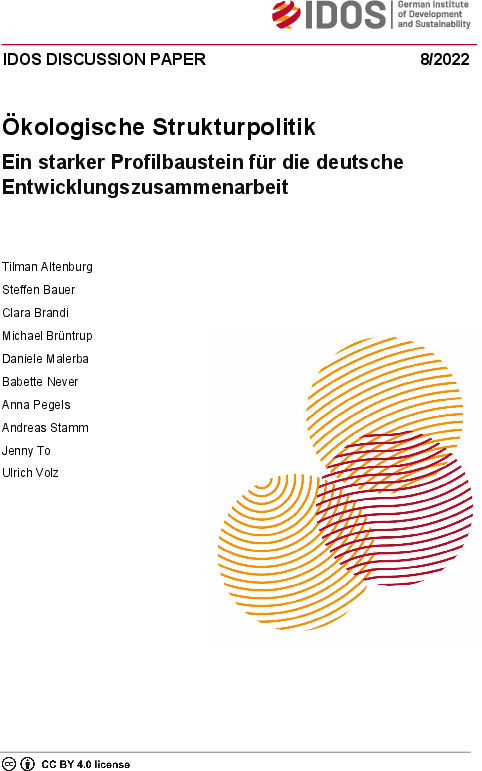Towards a seat at the table: how an initiative of cities got their voices heard during Germany’s 2022 G7 presidency
Gronen, Maria Elisabeth / Yannick Sudermann (2023)
Discussion Paper 4/2023
In the past, urban issues were largely absent from the G7 agenda. Yet, in 2022, the Urban 7, a recently founded group of city associations managed to influence the first ever G7 ministerial meeting on sustainable urban development, even without being mandated as an official engagement group.


